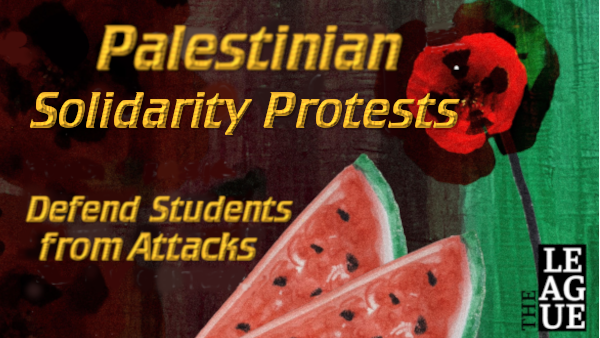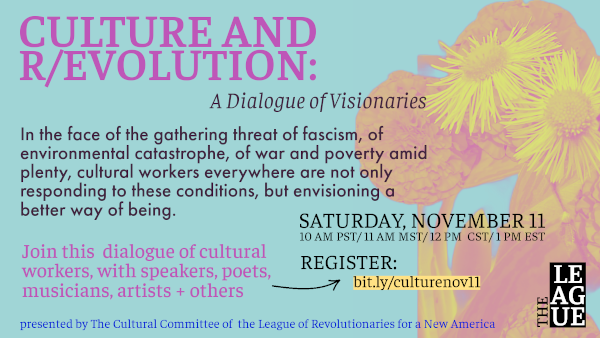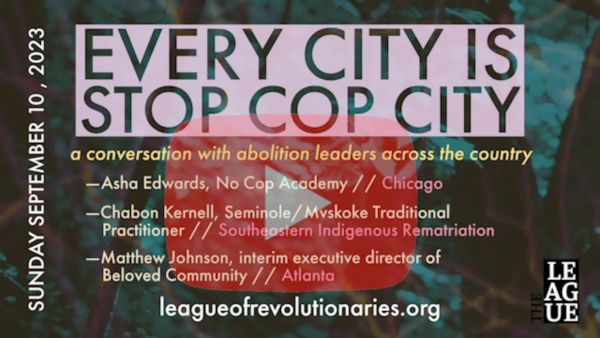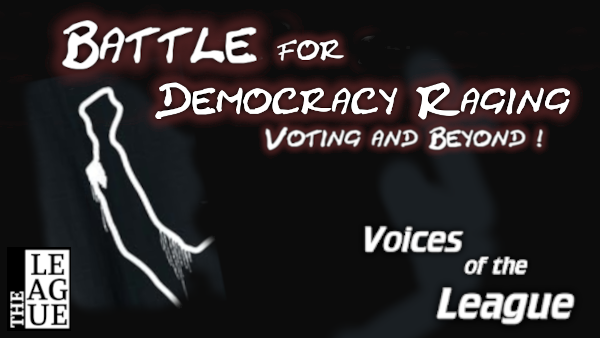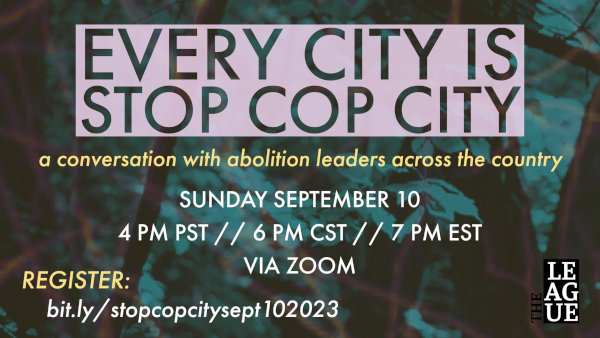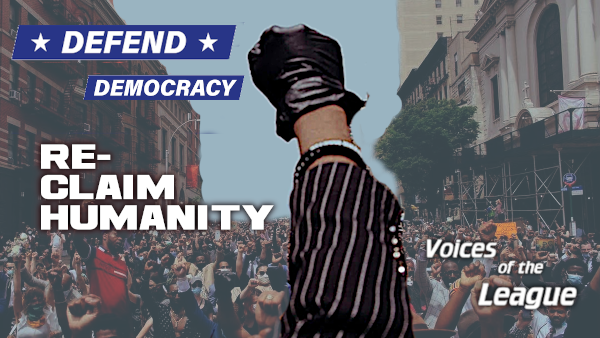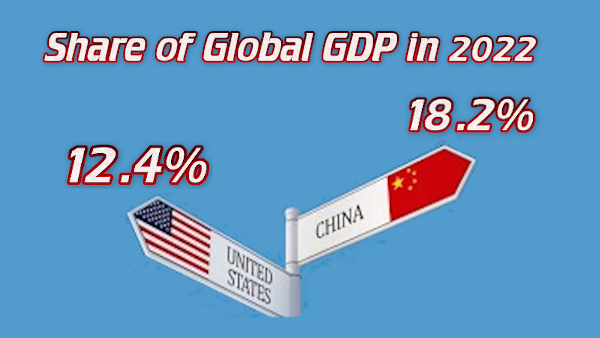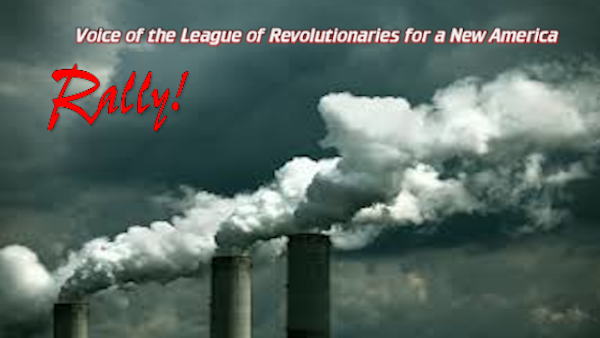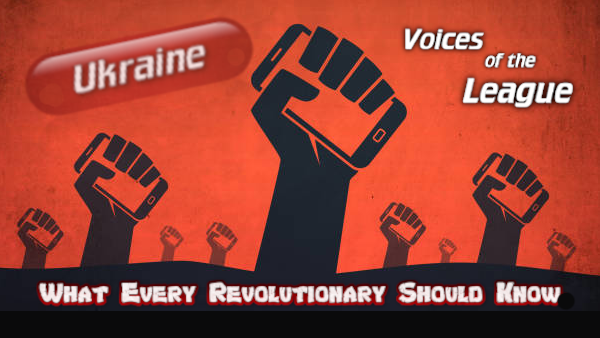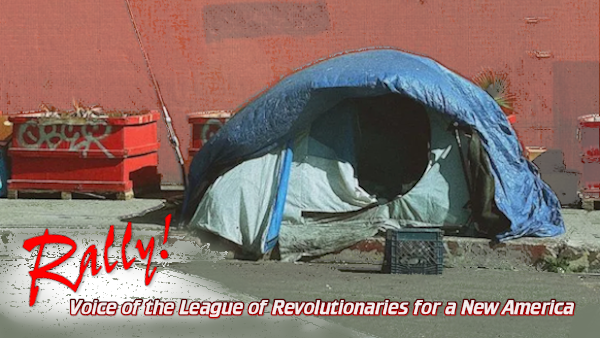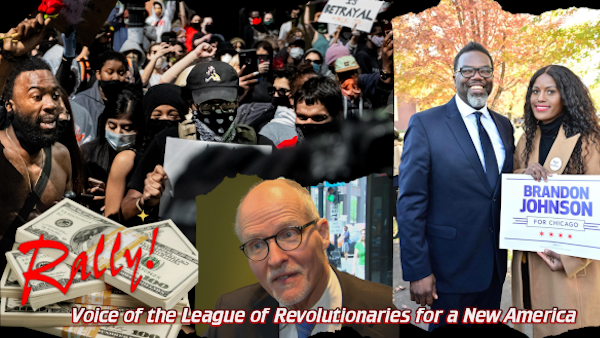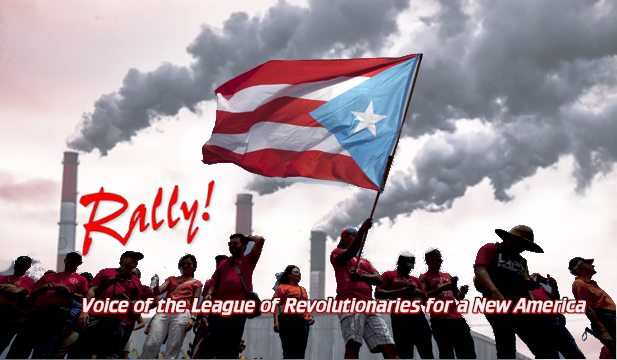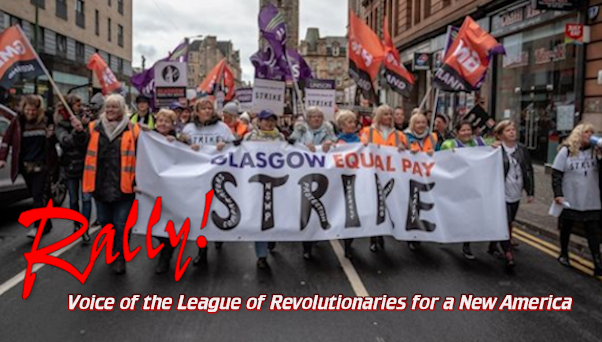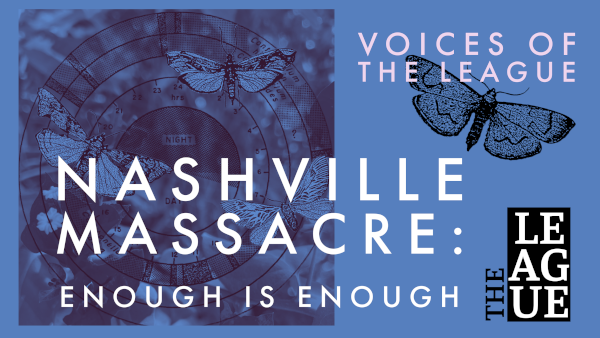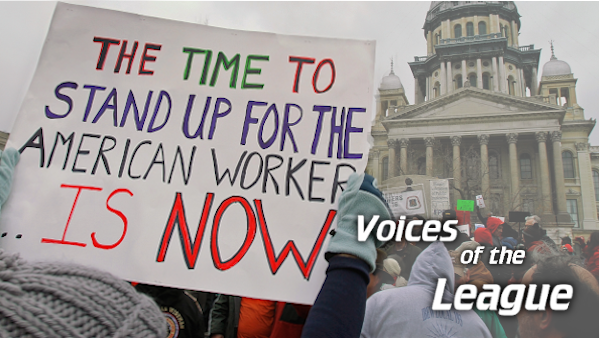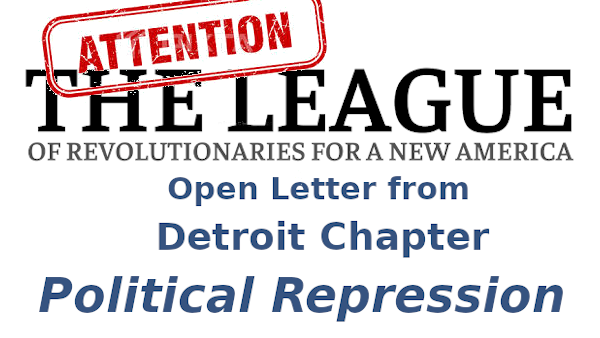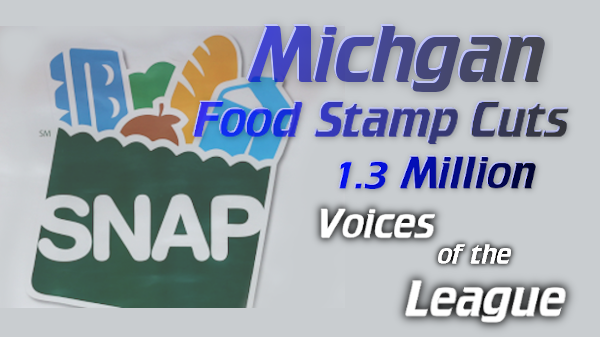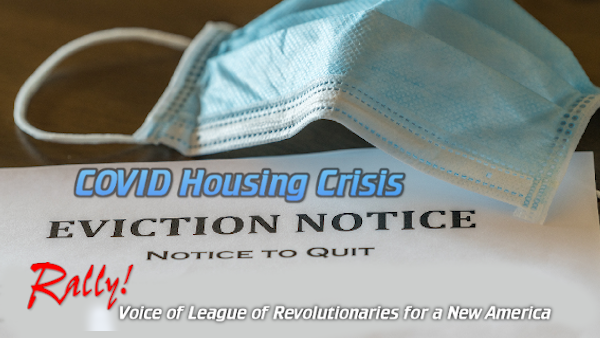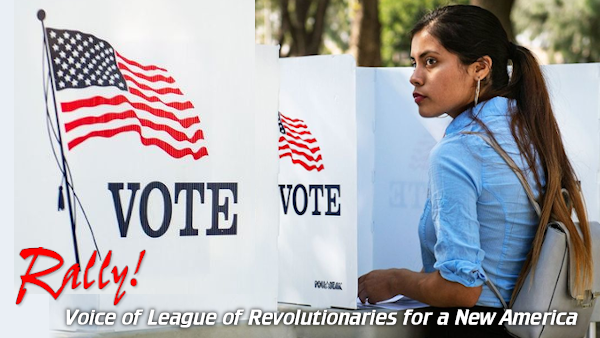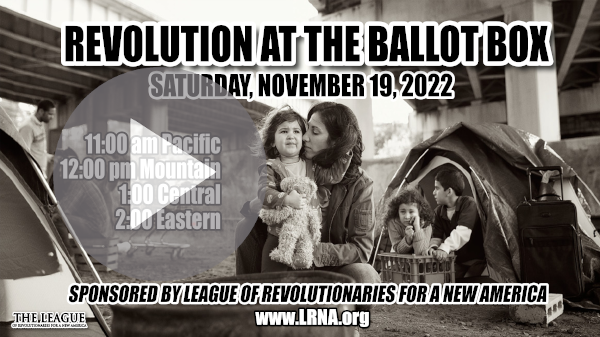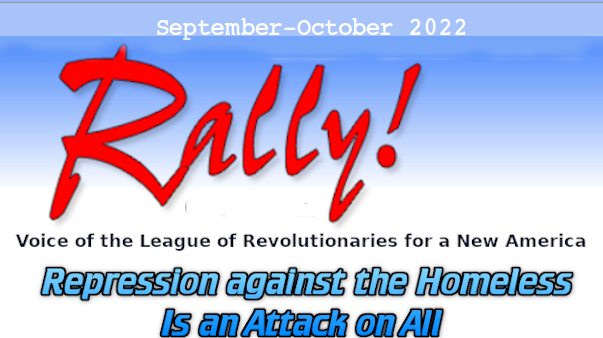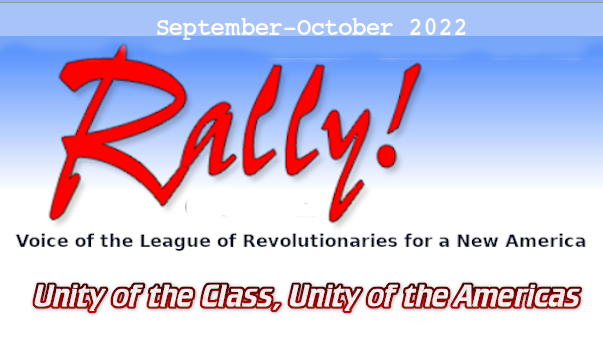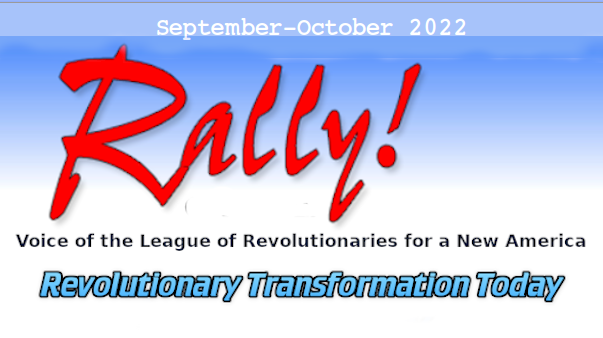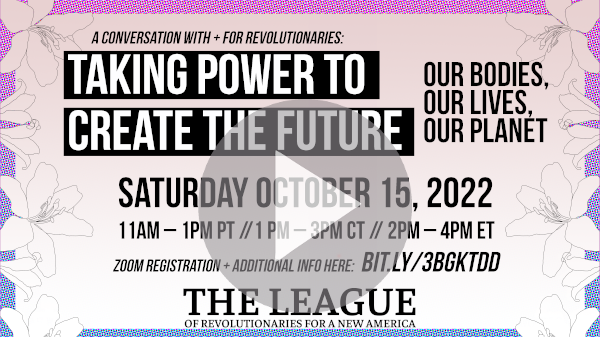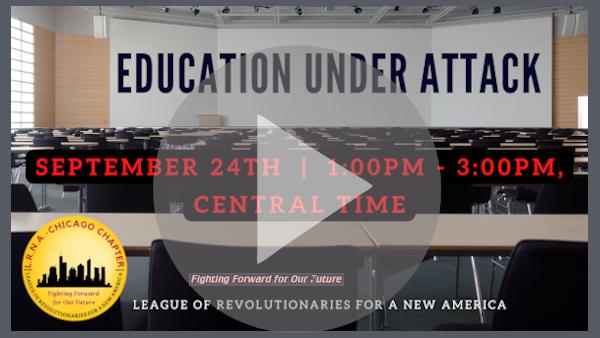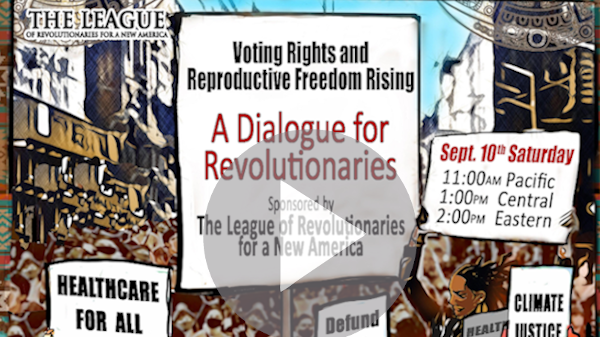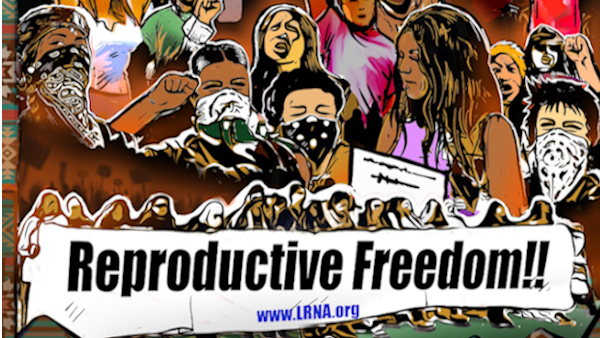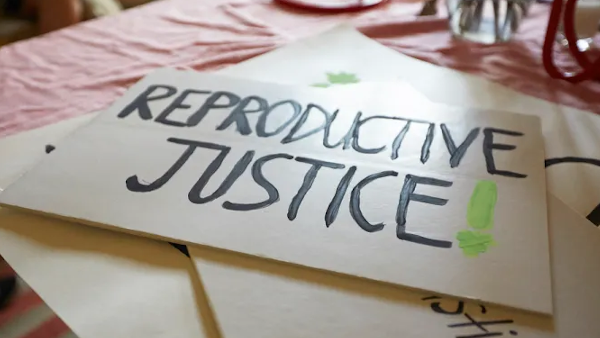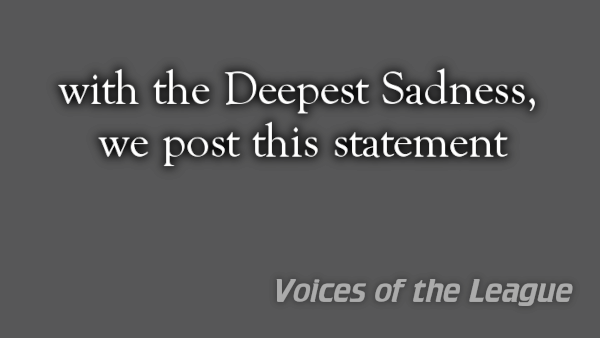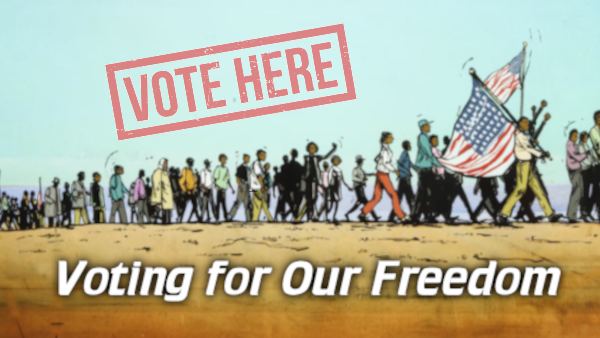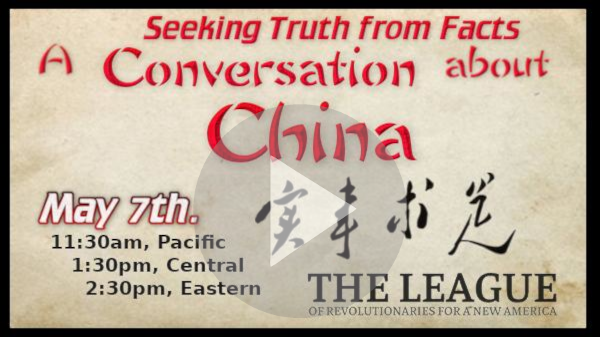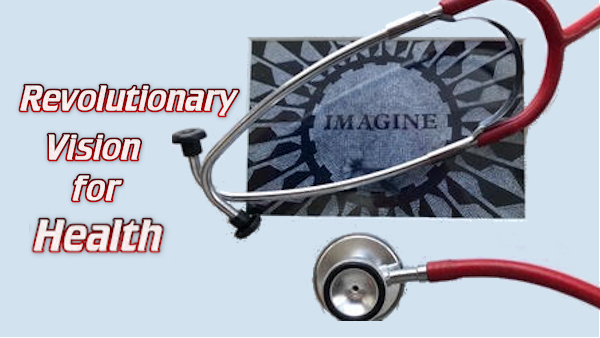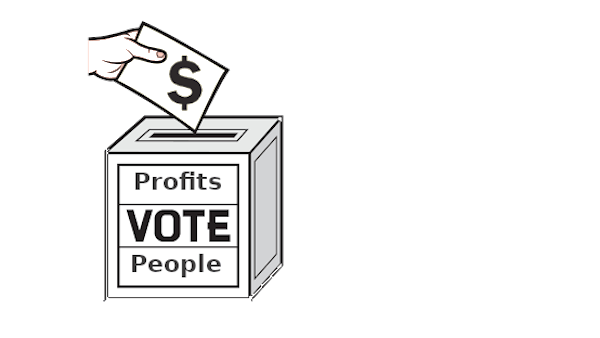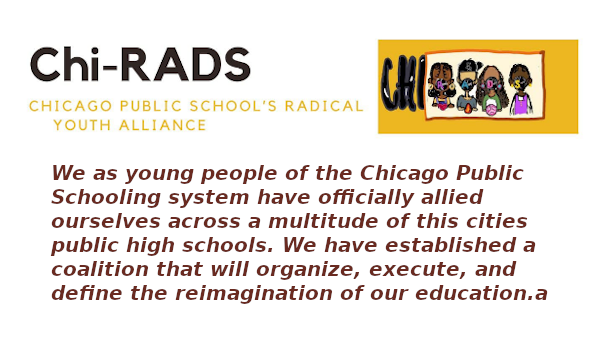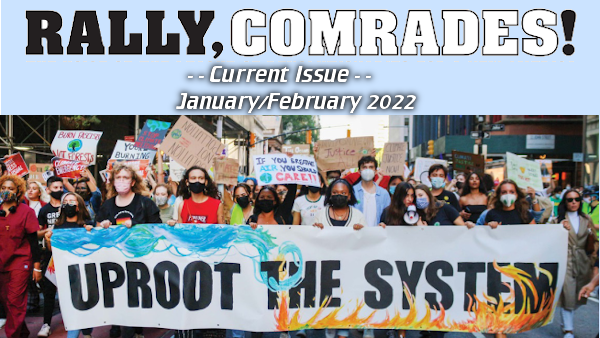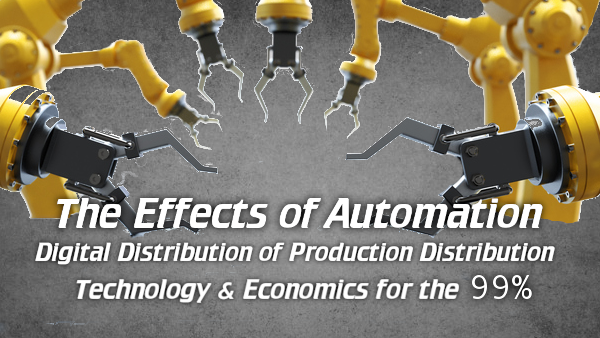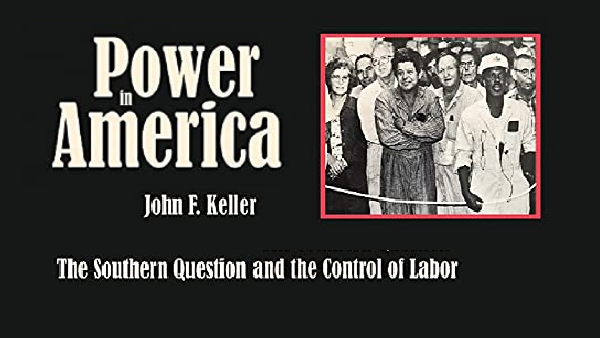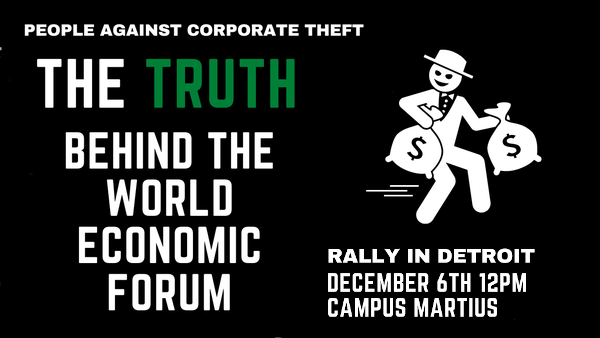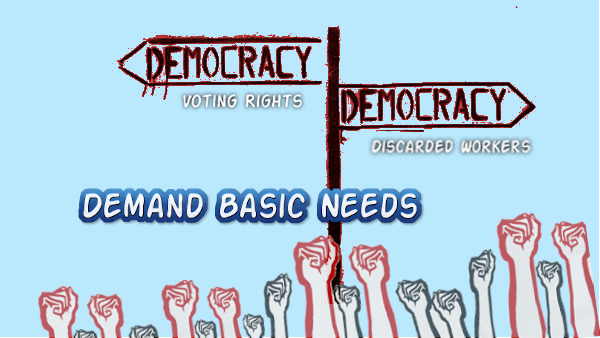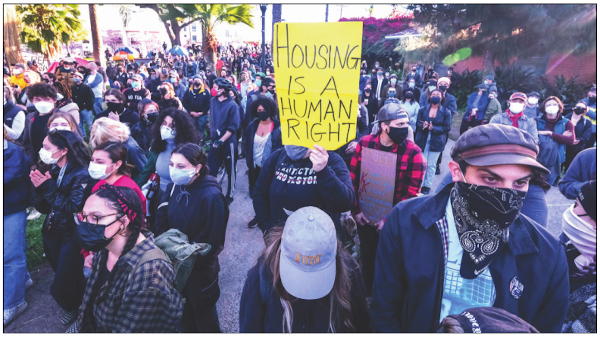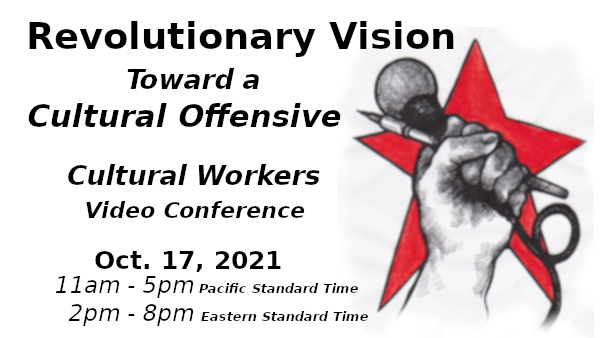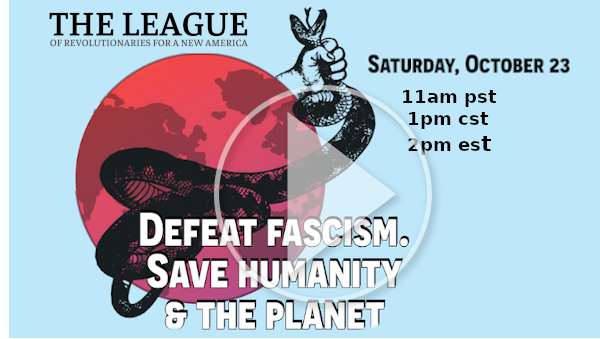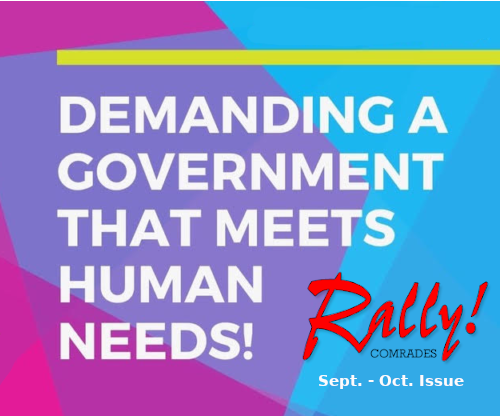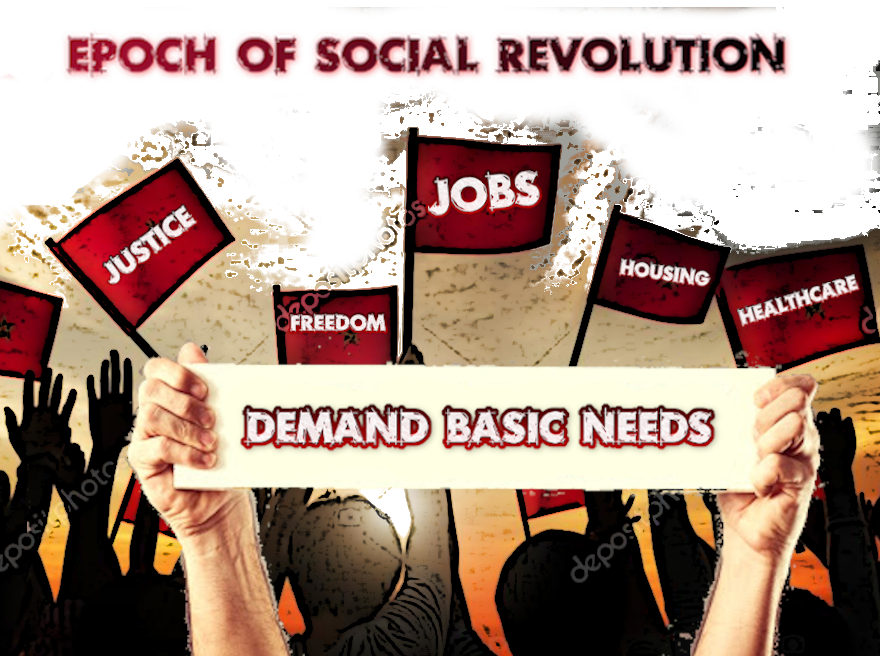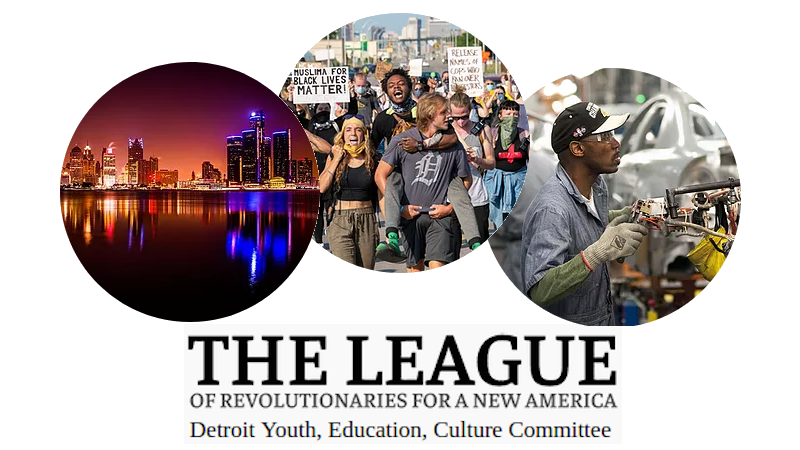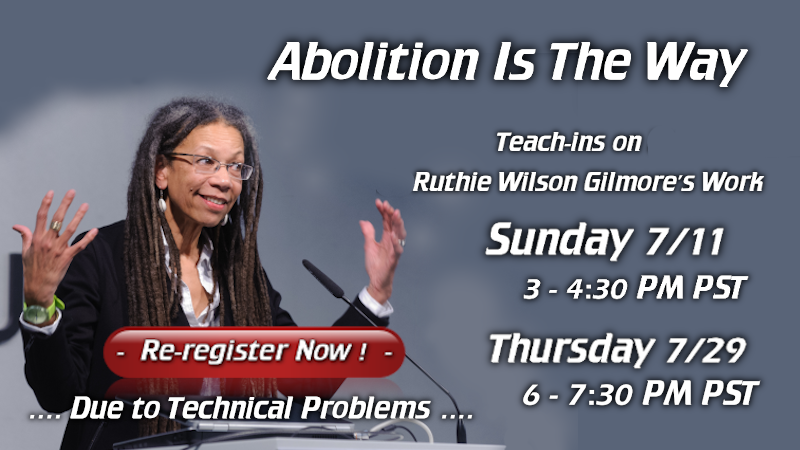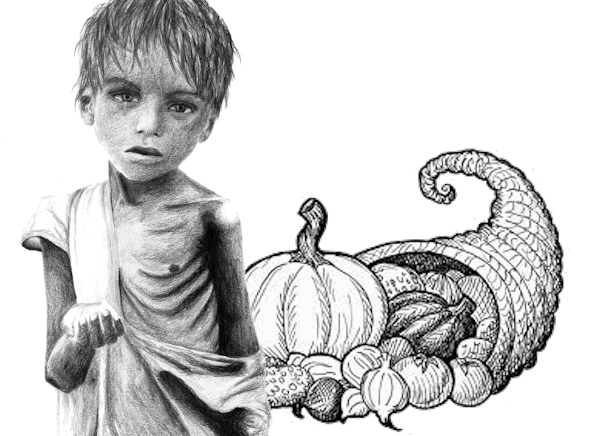Capitalism Creates Food Scarcity, Communism Distributes Abundance
Capitalism Creates Food Scarcity, Communism Distributes Abundance
Among those severely impacted by capitalism are the workers we depend on the most—those that keep us fed. Small farms and ranches are slowly dying, as we witness the onslaught of corporate enterprise in the agriculture industry. It is time to envision socialized agriculture and return to the values and ways of life that sustain us.
The Big Four
Today, just four major corporations own 80 percent of the beef cattle market in the U.S. Known as “The Big Four,” Tyson, JBS, ICB, and Cargill, are the nation’s meatpacking tycoons. Small ranchers are forced to market their product through The Big Four or risk going out of business. Generational family farms are disappearing across the nation, and the land, being devastated as it falls into the vast corporate system. While this system plagues every aspect of world agriculture, from crop and vegetable farming to dairy and beef production, this piece focuses on how the capitalism model hurts small, independent beef ranchers in the U.S.
Scarcity and the exploitation of resources drive the capitalist structure. Big Ag has wasted 12 million pounds of potatoes, dumped milk into drainage bins, and ground millions of eggs into compost, in a time when hundreds of thousands of working families are either unemployed or underemployed due to the pandemic, and struggling to feed their families. Corporate Ag uses scarcity tactics through supply and demand economics for one purpose — drive up product prices.
Is this the country we envision? How can we focus our agricultural efforts on producing for need and not for profit? There are many obstacles, but it is not an impossible vision. In June, the Wyoming Collegiate Cattleman’s Association (WCCA) successfully lobbied the state government to allow beef producers to market to their local communities. Federal regulation requires beef to be processed in USDA-approved meatpacking plants, supplied with the appropriate hormones, supplements, and vaccinations to be sold to the consumer.
This process forces small ranchers into the corporate model, and the problem is associated with cost. The average salary of the independent rancher is just $70,000 per year. The cost of constructing a local meatpacking operation is $1.2 million without government assistance. Republican lawmakers are only too happy to provide subsidies for meatpacking plants, affordable only to corporate-class producers.
Jordan Williams, president of the WCCA, says, “Corporate agriculture brought in upwards of $30 billion in exports of beef, pork, and chicken alone. Imagine if that money would have gone to the actual producers! We are talking about the country’s largest workforce, the largest employer of documented and undocumented citizens, and recipient of the least amount of government funding.” He is a graduate of beef cattle sciences at the University of Wyoming in Laramie.
Fight for Sustainable Vision
There are many burgeoning efforts to localize and collectivize agricultural economies in rural America. The Swain Ranch of Western Colorado began a beef collective early in the summer of 2020, pairing with the local meat processor in Nucla, Colorado, and devised a system to help make locally raised beef more accessible to residents of Montrose County. They are feeding working-class families with high-quality food.
In California’s Bay Area, Strauss Family Farm of Inverness is a model for local sourcing. Their dairy products are marketed to just four surrounding San Francisco Bay counties. Their operation is congruent with USDA organic requirements and a clear vision for environmental sustainability using refillable glass bottles. Not only is it beneficial for the locality and the environment, but small farmers and ranchers provide a much higher quality product than their corporate counterparts.
The fight for this more sustainable vision lies in dismantling the Big Four and the capitalist economic system and working to collectivize local economies. This cannot come in the form of more regulation. It is clear capitalism cannot be reformed. As members of the Ranchers-Cattlemen Action Legal Fund (RCALF) found, the process becomes arduous and severely litigious. RCALF assembled a group of small beef cattle producers when Tyson corporation bought IBP (another multi-billion-dollar meatpacking corporation).
The case, Pickett v. IBP, argues that “IBP and the other packers set an unfair and unreasonably low price for cattle and when the Plaintiffs reject the low price, IBP and the other three packers slaughter cattle from their own captive supply and/or exclusive marketing agreements, and leave the Plaintiffs without a buyer for their cattle, so that the Plaintiffs have to accept the lower price.” In other words, the corporations force scarcity in the market to drive up their profit margin. In contrast, small producers are left to whatever “trickles down.”
In this way, we are fighting capitalism with more capitalism, which is not the solution. It temporarily alleviates the symptoms of a caustic economic system. Constant litigation severely depletes small ranchers’ resources, even with the help of groups like RCALF, while minimally impacting the major corporations. Our class is continually being devastated by this corporate system, and we must build something entirely different in its place.
Production for Need
By working to collectivize the whole of the agricultural economy, we are returning to the basics of human nature. We support our class directly, when empowering the working farmers and ranchers to distance themselves from the corporate capitalist system. In the world of agriculture, the small farmer and rancher have one goal in mind: feeding people.
We have the means and resources to feed everyone, even in the vicinity of the nation’s urban and metro areas. The sooner we learn to produce for need and not for profit, the better. Not to mention that the food quality of produce, dairy, and meat products that are raised locally and sustainably is completely set apart from what you find in the grocery store!
In many ways, rural communities give us a view of what kind of communist future is possible. The ruling class is moving swiftly to buy more land and water rights, and capitalism will continue to erode the land and livelihood of our class. Reorganizing society based on public ownership of all we need to survive and flourish means taking control out of corporate hands. By building socialized agriculture, we strengthen the hands that feed us and recognize that the earth is still abundant in the right hands. RC
May/June 2021. vol.31. Ed3
This article originated in Rally, Comrades!
P.O. Box 477113 Chicago, IL 60647 rally@lrna.org
Free to reproduce unless otherwise marked.
Please include this message with any reproduction

